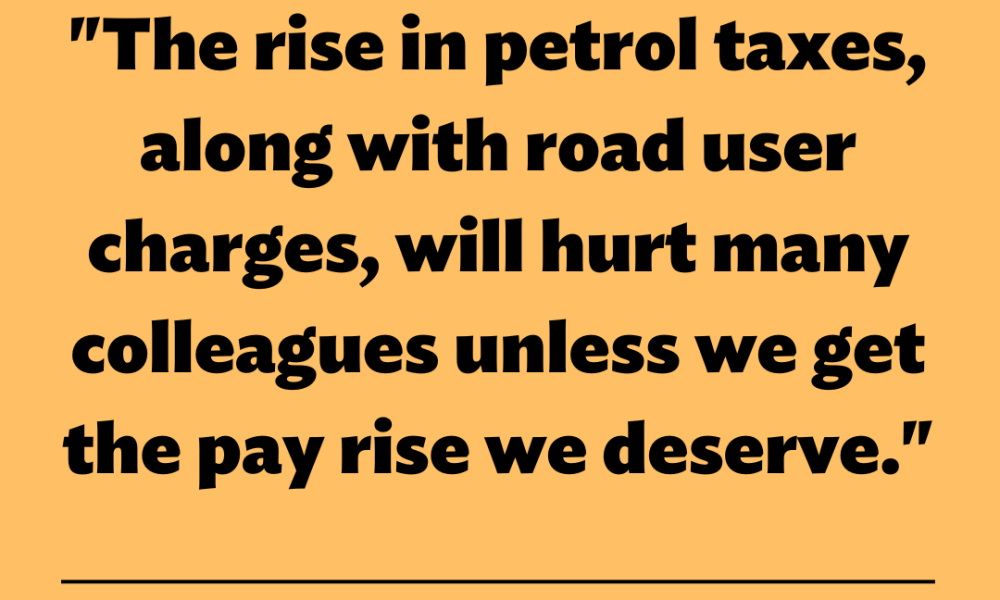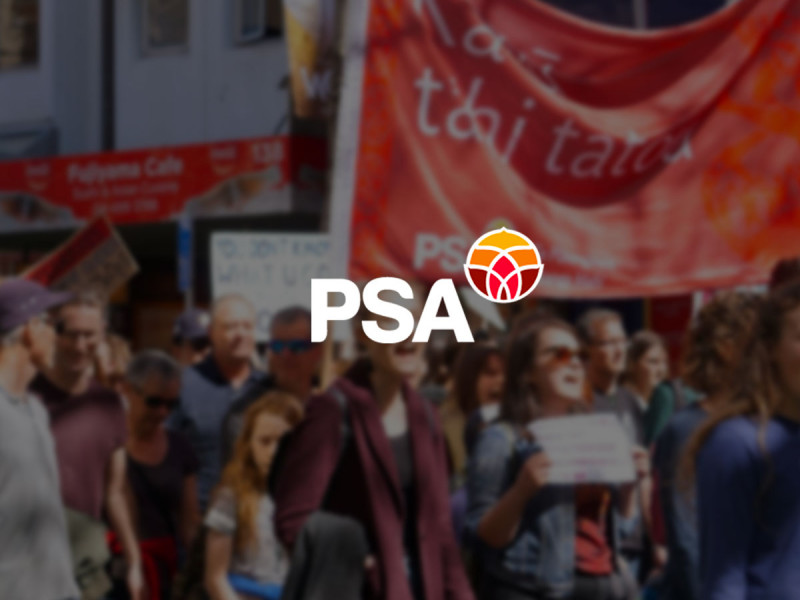Care & support workers who use their own car to visit clients are calling for action on their pay equity claim before the rise in fuel excise tax hits their pay packets.
"The Government promised a laser focus on cost of living but increasing fuel excise tax by 22 cents/litre, coupled with the $50 rise in car registration fees, will hit care & support workers hard unless their pay rises," said Melissa Woolley, Assistant Secretary for the Public Service Association Te Pūkenga Here Tikanga Mahi.
"Every day care & support workers clock up many miles in their own cars to carry out their essential work caring for some of the most vulnerable people in our society like the elderly and people with disabilities.
"While the taxes are not rising until 2027, the reality is that care & support workers are already doing it tough and are falling behind with the failure to agree an updated pay equity settlement.
"In addition, the travel cost allowance paid by providers has not kept pace with the rising cost of driving and this will only make it worse.
"The pay and conditions for workers like those supporting people in our community need to reflect the rising cost of living and we urge the Government to take action on the outstanding pay equity claim."
Workers like Carena Scott have been feeling the squeeze on household budgets these past few years and the outlook is bleak she says.
"The last few years have been really tough on us with rising prices and interest rates. Many of us rent or have mortgages and we can’t just seem to get a break. The rise in petrol taxes, along with road user charges, will hurt many colleagues unless we get the pay rise we deserve."
Melissa Woolley said this was another example of the Government getting its priorities all wrong.
"Most care & support workers are women, and like the cuts affecting the core public service, the Government is continuing to introduce policies which are having a disproportionate impact on women.
"The small increase in the minimum wage, the axing of measures like Fair Pay Agreements to boost pay and the threat to free school lunches are all examples of a government out of touch with the daily lives of those struggling to get by on low incomes."
ENDS












